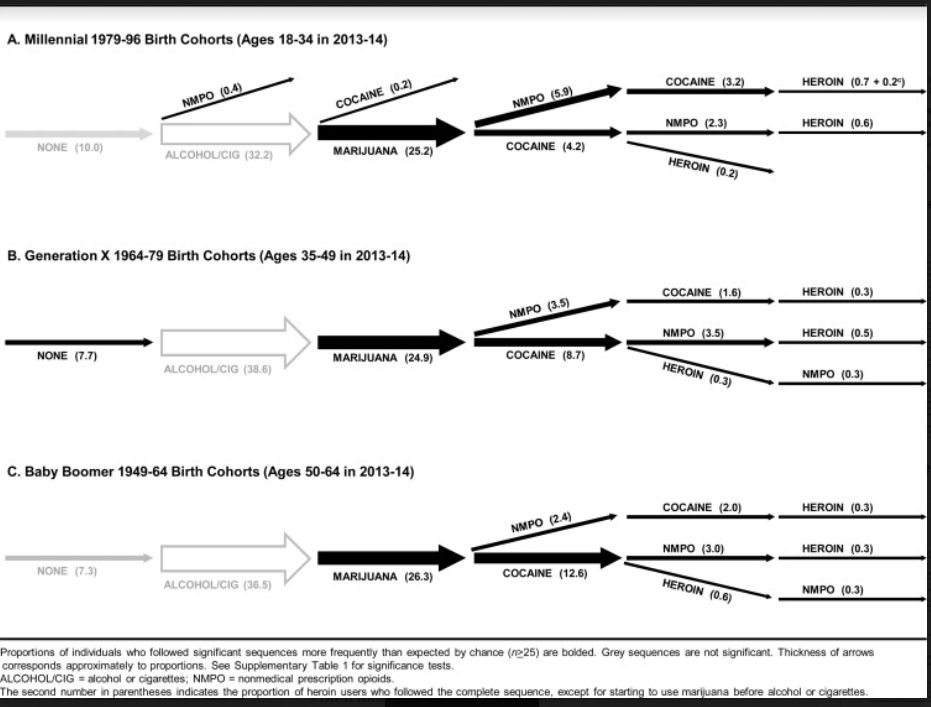|
Things to consider:
|
Initial Thoughts and Actions
|
Additional Ideas and Actions
|
|
Contract
|
Make a contract so everyone knows what is expected (Engage person in recovery to make attainable rules and consequences that work for everyone.)
|
See Contract link…It will be different, according to your own family situation.
|
|
Trust
|
Believer your instincts. A month ago I caught him attempting to forge a prescription. He told us it was to write a note for his job to verify that he really was sick. He was in bed six days because he felt nauseated. I thought he suffered from a combination of suboxone and taking stool softeners on an empty stomach. Two side effects of opiates (to include suboxone) are constipation and feeling nauseated. Since he came home from detox, he would have one good day then two or three bad ones. I didn’t see a red flag when he was in bed. I should have. He had been using for over a month.
|
Immediately do a drug test. Random testing should be done bi-weekly, or when you feel something isn’t right. He was in tears when we confronted him and said he didn't have the nerve to give it to his boss. He was already fired at this point.
Several times I asked him if he was taking oxycodone, and he denied doing so.
This time I am making a chart and he is taking the suboxone in front of me
|
|
Cell Phone
|
I checked his cell phone calls, but not frequently enough. I still haven't figured out how I missed the calls. Just a month after getting out of detox he called his "doctor" in West Palm Beach.
|
Check at least weekly. Put software on computer to track sites... keystroke software.
|
|
Car
|
At first I drove him to all his meetings, school and appointments. When he seemed to get into a routine, we let him drive himself.
|
Keep track of the mileage. Set-up a chart! Don’t give him or her money for gas. It may be spent on drugs. Fill up the tank yourself or take your child an have them pump the gas. After 5 months I know require him to bring me a receipt.
|
|
Wallet
|
This didn’t occur to me until one day when I cleaned out his wallet. There were four appoint cards from THAT doctor. Every time he opened his wallet there was a reminder.
|
Clean out wallet.
|
|
Job
|
He told us he was going to work one day; instead, he drove to West Palm Beach, 3 1/2 hours away, to get drugs.
We took him to lunch or dinner frequently. This gave us extra time with him and we weren’t giving him money that he could divert it to drugs
|
Drop in on him or her at work!
|
|
Money
|
Having money to buy drugs is a problem. He pawned his college electronic equipment, and when put together enough money, he took off.
|
If he has a job, deposit his checks into an account he doesn’t have access to. (Be careful about this. Talk to your bank.) Require receipts if you give him money for lunch, to go to the store, etc.
|
|
Bedroom
& Bath
|
After his relapse I CLEANED & STRIPPED his room. He now has two desk drawers and a few books on shelves but nothing else to hide things in.
|
Clean the room and strip the bed before the addict moves in. In the days after the cleaning, objectively look at his bedroom and bathroom often. There were white dust and powder particles on his sheets and bathroom carpet, and blood spots on the bathroom walls. I tried to give him privacy and didn't go into his bathroom. ANOTHER BIG MISTAKE.
|
|
Closet
|
I cleaned all his clothes. I checked the pockets of his pants and sweatshirts. I emptied the closet.
|
He now has five days worth of clothes and a couple of pairs of shoes
|
|
T.V. and computer
|
I knew we should have removed them before he got home from detox but I believed he needed his independence and privacy. Besides, I told myself, they had been in his room before he went to college.
ANOTHER BIG MISTAKE.
|
Both are now gone, and he will be watching TV with the family. After two weeks, we set up his computer—in our family area.
Also, install “keystroke” software on the addict’s computer. Go to Google to see the various software programs offered that allow a person to view everything another did on the computer. This can be installed without the addict knowing about it, if you wish. This is what I have done
|
|
Physical appearance
|
If nose started bleeding. Beware may not be typical nose bleed.
|
|
|
Locks
|
We changed our doorknob on our bedroom to a key & lock knob.
|
He doesn’t have keys to our house.
|
|
Friends
|
We had lived here for only two years before he left for college, yet when he first came home from detox he said he wanted to contact some friends. He had no friends in our neighborhood. Another missed signal!
|
Once he started using again, he was content to stay in his room.
|
|
Other possible
RED FLAGS
|
Look for flakes or ashes in car if person is smoking and/or inhaling.
|
|
|
|
Person stops complaining about not sleeping well and being constipation.
|
These things that used to be so painful and upsetting no longer matter. That’s because they no longer feel the pain.
|
|
|
Velcro tape
|
Can be used to hide things under chairs, beds, shelves and other places.
|
|
|
Q-Tips/Cotton Balls
|
He used cotton as filter for injecting.
|
|
|
We had also been missing an ice cream scoop.
|
He was using it to crush his drugs and melt them.
Don’t overlook anything.
|





